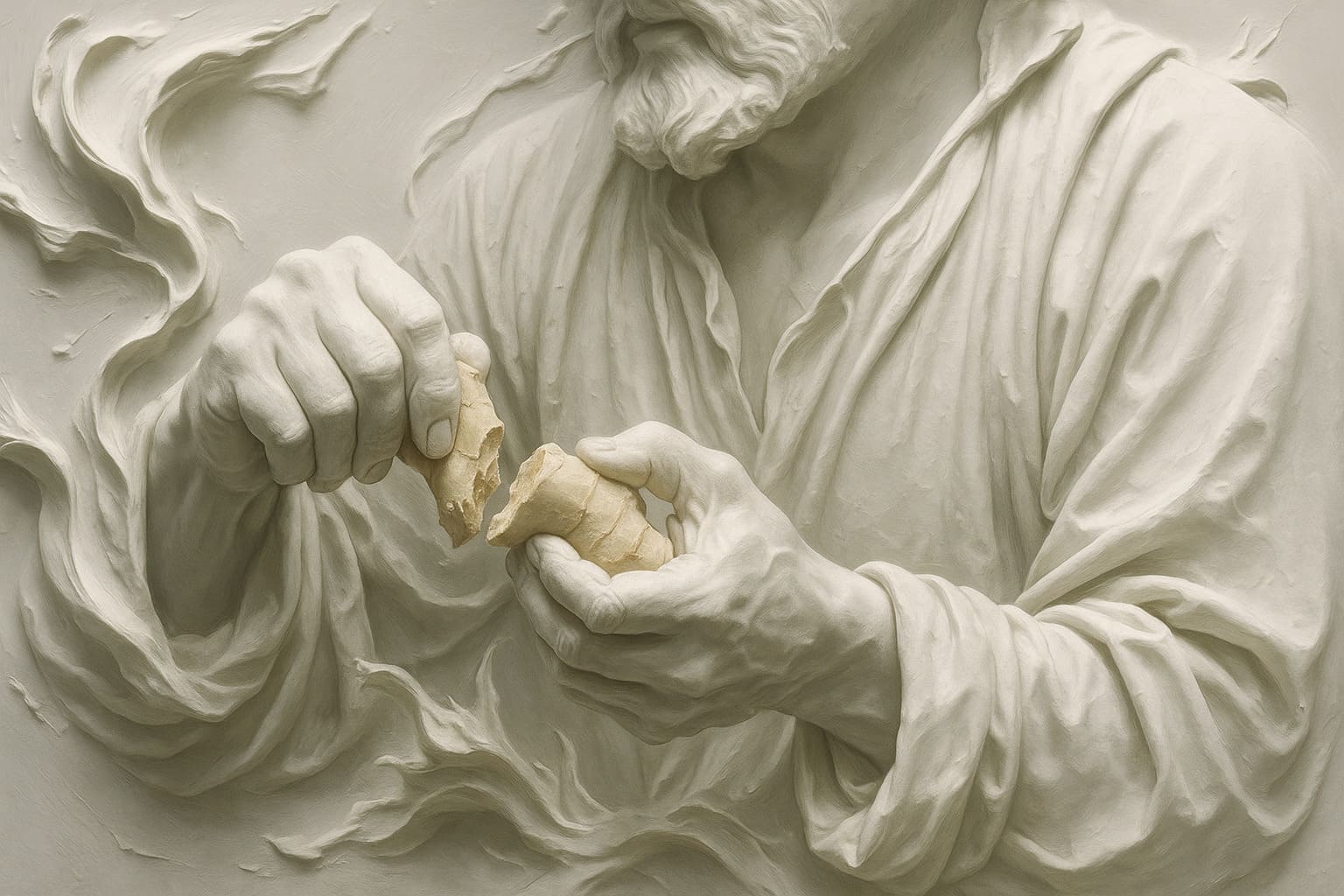Maca is a root vegetable native to the highlands of Peru. Grown at elevations over 13,000 feet, it has been used for centuries as food and traditional medicine. Today, it’s gaining renewed interest — particularly among men looking to support libido, energy, mood, and hormone balance.
The supplement market is responding to that interest, and so is research. But what do we actually know? Here’s a breakdown of the facts and the studies behind them.
What’s in Maca
Maca contains macamides, macaridines, and unique alkaloids that aren’t commonly found in other plants. Some of these compounds are structurally similar to anandamide — a neurotransmitter linked to mood and stress regulation. This could explain why many people report feeling calmer, more focused, and more energized while taking maca regularly.
Libido Support
Maca is one of the few plant-based supplements with clinical data showing improvements in sexual function. In a 2002 placebo-controlled study, men who took 1.5–3 g of maca daily for 12 weeks reported increased libido, even though hormone levels remained unchanged.
PubMed: 12472620
This suggests that maca’s effect may work more on the perception or signaling level, rather than directly changing testosterone or estrogen levels.
Fertility and Semen Quality
Some studies suggest that maca — especially black maca — can increase sperm volume and motility. In one study, after 12 weeks of maca supplementation, men showed improved semen parameters.
PMC: 10307657
A systematic review also pointed to potential benefits but highlighted that sample sizes were small and methods varied.
Cochrane Library
Energy, Stamina, and Mood
Maca has been studied in the context of endurance and fatigue. In one trial, cyclists who used maca improved their performance times. It may also help with fatigue and anxiety, likely related to its adaptogenic effects and influence on endocannabinoid pathways.
Verywell Health
Hormone Modulation
Maca doesn’t contain hormones and isn’t a replacement for testosterone therapy. However, some studies have shown an increase in free testosterone — the active form used by the body — without affecting total serum testosterone.
Rupa Health
Prostate and Bone Health
Red maca, often marketed toward women, may also benefit men — particularly in supporting prostate health and bone density. These effects may become more relevant as men age or face changes in hormone balance.
Healthline
Cognitive Function
There are anecdotal and early study signals that maca may improve focus, clarity, and memory. It’s not a replacement for sleep or proper recovery, but it may offer support during periods of mental strain or stress.
Types of Maca
Maca comes in three main varieties:
- Black maca — typically used to support libido, stamina, recovery, and free testosterone
- Red maca — supports prostate health and bone strength
- Yellow maca — more widely available, with general benefits but less specific research backing
Forms and Dosage
Maca is available as:
- Powder (raw or gelatinized)
- Capsules
- Liquid extract
- Dried chips
Gelatinized maca is easier on the stomach but may lose some actives during processing. Raw maca contains more native compounds but may be harder to digest. Many start with 1–2 tablespoons of powder per day (roughly 3–6 g), with some increasing to 9 g daily. Capsule doses vary by brand.
A trial period of 6–12 weeks is common before deciding whether to continue.
Side Effects and Cautions
Most people tolerate maca well. Some may experience mild GI issues, headaches, or sleep disturbances. If that happens, it may help to lower the dose or try the gelatinized form.
Due to its potential estrogenic effects, maca is not recommended for people with hormone-sensitive conditions (like breast cancer, fibroids, or endometriosis) unless cleared by a doctor.
Bottom Line
Maca is not a miracle cure — but it’s a solid, well-tolerated option for men looking to support sexual health, stamina, fertility, and overall energy. Some effects are backed by research, others still need larger trials. As with any supplement, pay attention to your own body’s response and choose quality, tested products.





